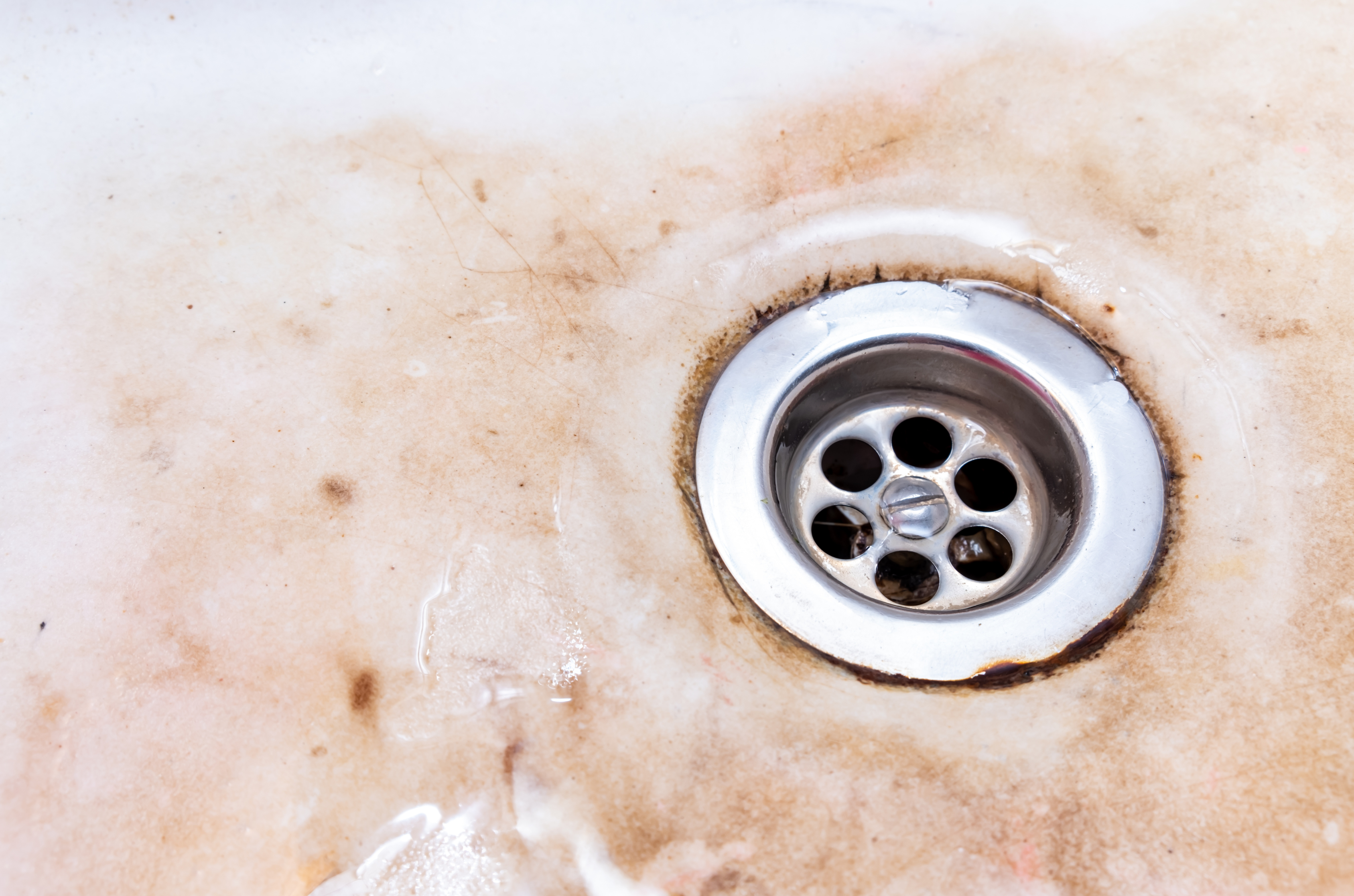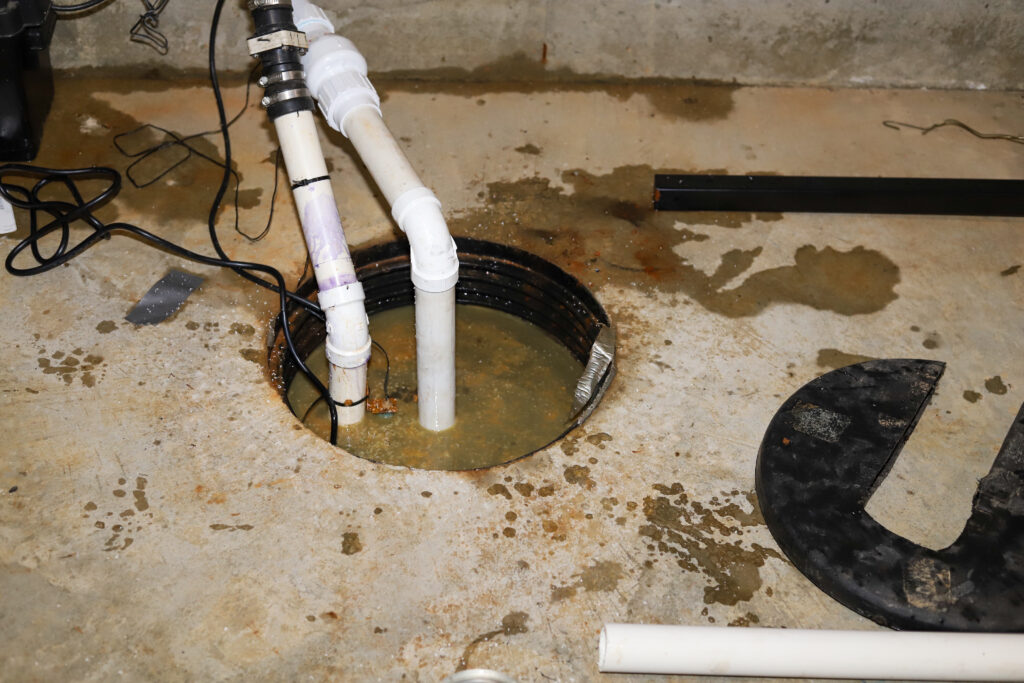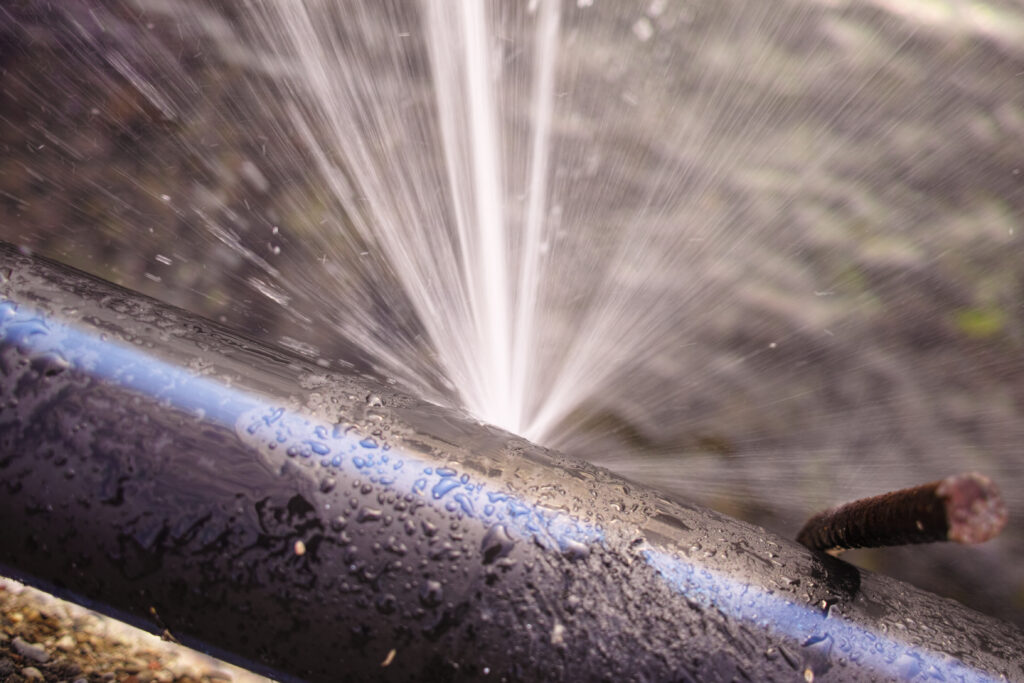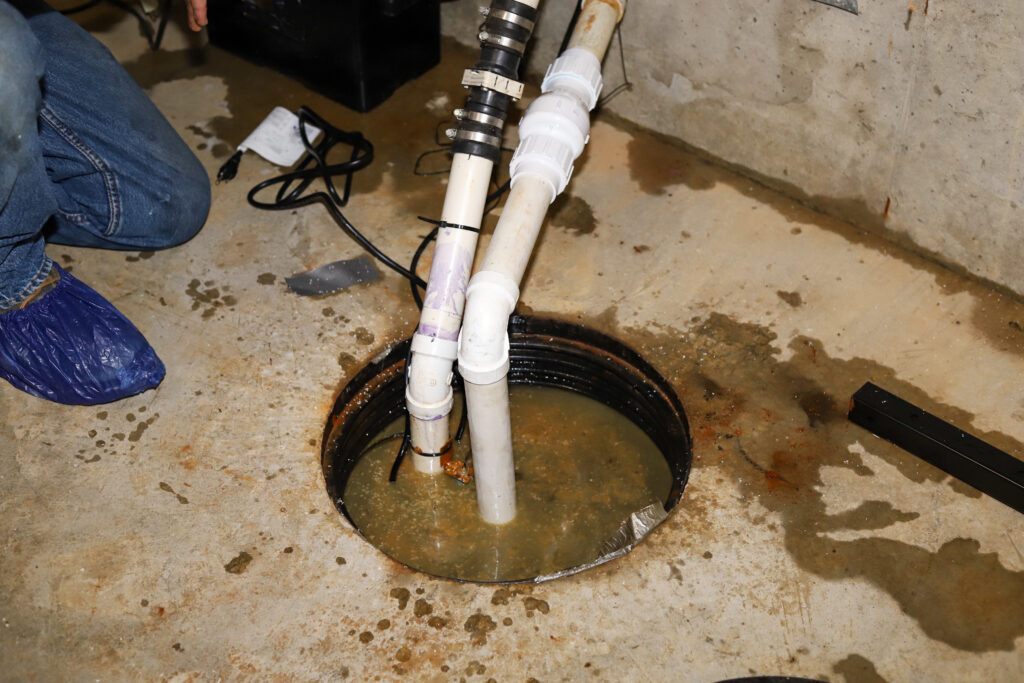Rust stains are a common nuisance in bathrooms and kitchens, caused by the oxidation of iron in water. Not only are they unpleasant looking, but they can also be tough to remove. With the proper techniques and some elbow grease, you can banish those stubborn rust stains for good without having to replace your fixtures! Here are some budget-friendly DIY techniques that you can try at home and what to do if the stain persists:
Baking soda & vinegar mixture: Mixing baking soda and vinegar together can help remove some of the toughest rust stains. Start by putting ¼ cup of baking soda into a dish or bowl and then slowly pour enough vinegar to form a thick paste. Once you have created the paste, use a sponge or toothbrush to scrub the paste over the rust stain. After scrubbing the mixture into the stain, let it sit for an hour, then scrub the spot again and rinse the rest of the mixture away to reveal a shiny, rust-free spot! If the rust remains, repeat this process until it disappears. Top of Form
Lemon & salt: For this stain removal technique, cut a fresh lemon in half or use bottled lemon juice and squeeze the juice on top of the stain. Once the rust spot is submerged in the lemon juice, sprinkle salt on top of the section. Let the mixture sit on the stain for an hour, then scrub the area clean and rinse. Combining the acidity from the lemon and the gentle abrasion from the salt will help break down and lift the rust from your surface and leave your kitchen or bathroom with a fresh, lemony smell!
Pumice stone: Simply wet a pumice stone to slightly soften it and gently rub it over the rusted area to remove the stain. Rubbing the stone over the rust will begin to create a paste. Rinse the area and watch the stain disappear! This method should only be used on porcelain sinks, tubs, or toilets, as it may be too harsh on other surfaces, such as fiberglass.
Scouring pad: A scouring pad may be a good option for a small rust stain. Wet the scouring pad and use it to buff out the rusted area. Make sure to only use light force while buffing out the area to avoid any scratching.
Chemical rust remover: Chemical rust stain removers can be extremely effective when used by a plumbing professional. If the stain is too tricky to remove with some household items listed above, it may be time to use a chemical rust remover. You can find these cleaning products in your local grocery or hardware stores. It is important to take precautions when using any product containing chemicals. Having an AP Plumbing professional come to your home to handle any chemical rust stain removers is best to avoid burns or harsh chemical fumes.
Contact AP Plumbing today to have an experienced plumbing professional help you remove rust stains from your sink, tub, or toilet. When using DIY methods, please first test any solution on a small area and wear the necessary protective gear.
Preventing future rust stains: Once rust stains have been properly removed, creating a cleaning routine is important to prevent any future rust from forming. We recommend keeping your tubs, showers, and sinks dry after using them to ensure that water does not have the chance to oxidize. While cleaning, it is also important to remove and dry any metal objects, such as razors or shaving cream cans from the shower or tub, as these can contribute to rust. Installing a water softener or filtration system can also be a good preventative measure for rust buildup, preventing minerals such as iron, magnesium, and calcium from flowing out of your water system.







